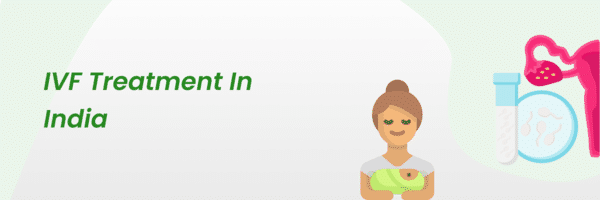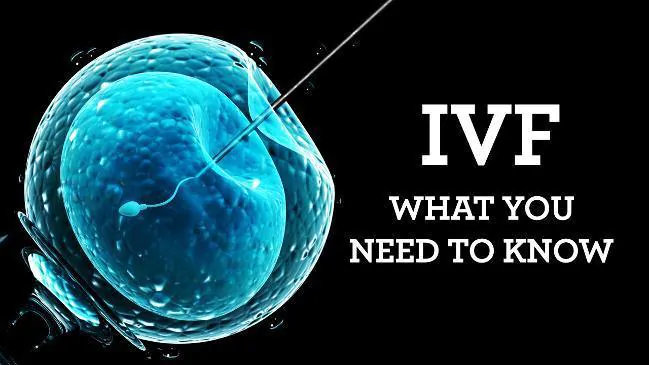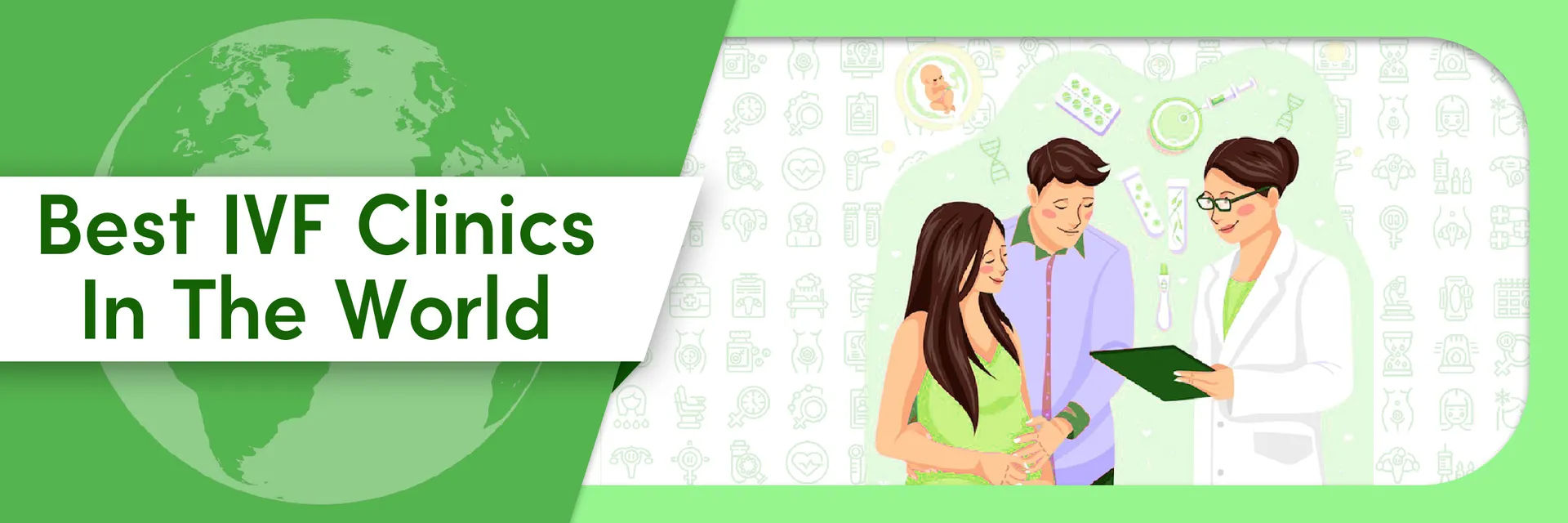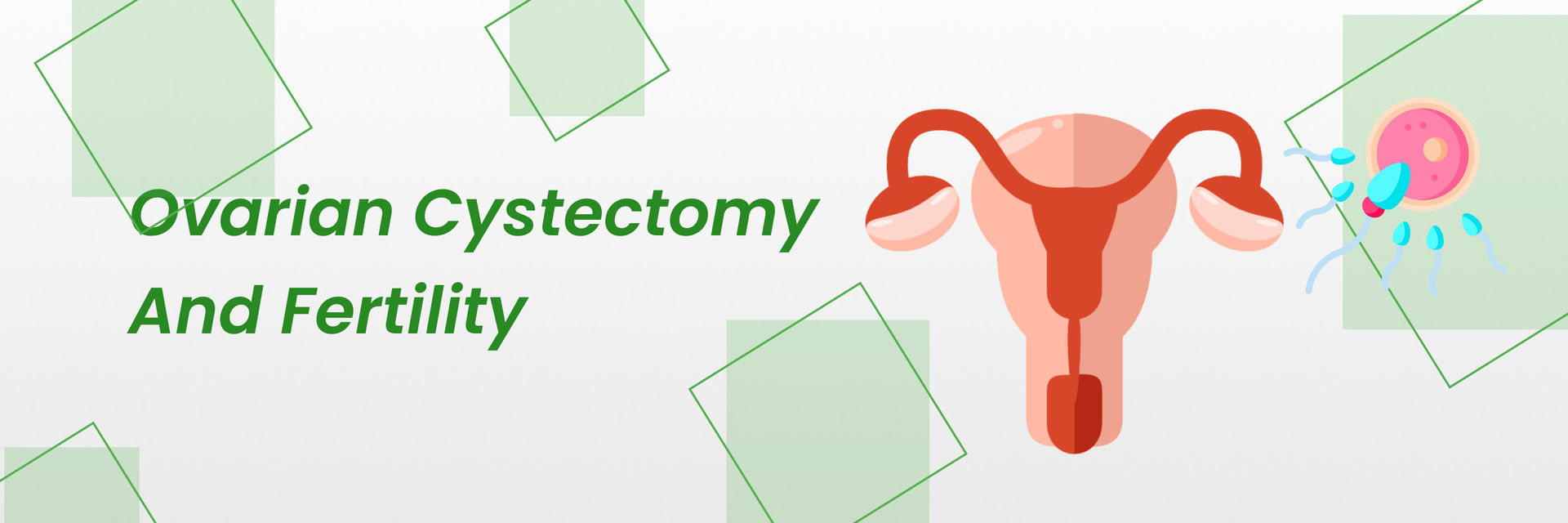Many couples turn to Intrauterine Insemination (IUI) as a hopeful pathway to parenthood. However, not all IUI attempts succeed. Intrauterine Insemination (IUI) is a fertility treatment that involves placing sperm directly into a woman's uterus to facilitate fertilization. IUI fails for 3 main reasons. These are suboptimal sperm quality, bad timing of insemination, and hormonal imbalances. These factors are crucial for couples. This has led many to wonder about their next steps. They are looking to explore further options, including trying to conceive naturally. This article delves into the chance of achieving a natural pregnancy after a failed IUI. It looks at the things that can affect your chances. It advises on navigating this tough journey.
Book an appointment today with fertility experts including an IVF doctor, to take your next steps for enhancing fertility naturally after an unsuccessful IUI.
Here's the deal: While the path to parenthood might seem daunting, you're not alone in this. Let's explore how you can boost your natural conception chances together.
Is it Possible to Get Pregnant After Failed IUI?
Yes, it is possible to conceive naturally after a failed IUI. Many couples have gotten pregnant naturally after one or several failed IUI cycles. The key lies in understanding why the IUI failed. Then, we must fix any fertility issues we find.
The Reasons for Failed IUI
- Timing Issues: The timing of the IUI procedure needs to match exactly with the woman's ovulation (when an egg is released). If the timing is improper, the sperm might not meet the egg.
- Hormone Problems: The right balance of hormones is essential for a successful pregnancy. If hormone levels are off, it can prevent pregnancy.
- Problems with the Uterus or Cervix: If there are issues like an unusually shaped uterus or problems with the cervix, it can stop the sperm from getting through to the egg.
- Age: As women get older, particularly past the age of 35, their fertility decreases, which can make IUI less successful.
- Immune Reactions: Sometimes, the body might mistakenly attack the sperm as harmful invaders, preventing them from fertilizing the egg.
Don't lose hope. Every fertility journey is different, so it's important to understand what's unique to your situation. You might want to connect with IVF Centres for personalized support.
Factors That Influence Natural Pregnancy After IUI
The success rate of IUI varies. However, natural conception can still happen in subsequent menstrual cycles after a failed IUI. Age, overall health, reproductive health issues, and the underlying causes of infertility are vital factors that can affect the chances of natural pregnancy.
- Age of the Woman: Younger women generally have higher fertility rates. As women age, especially after 35, their natural fertility decreases.
- Overall Health and Lifestyle: Good physical health improves fertility. This includes being a healthy weight, eating well, exercising regularly, and avoiding smoking and excessive alcohol.
- Menstrual Cycle Regularity: Regular menstrual cycles often indicate normal ovulation. Irregular cycles can indicate ovulation problems, affecting fertility.
- Previous Pregnancy History: Women who have been pregnant before might find it easier to conceive again naturally, even after a failed IUI.
- Underlying Fertility Issues: Conditions like endometriosis or polycystic ovary syndrome (PCOS) can impact fertility and may have contributed to the initial need for IUI.
- Stress Levels: High stress can affect hormone levels and ovulation. Managing stress through techniques like meditation or yoga might help improve fertility.
How Many Attempts Does It Take for IUI to Work?
Women who are below the age of 40 years, in general, have a more than 50% chance of achieving pregnancy after six cycles of IUI, with a success rate of over 75% after 12 cycles.
The success rate of IUI varies significantly among individuals and couples. The cumulative success rate increases with multiple IUI attempts, usually peaking around the third to fourth try.
Now, you might be wondering: What exactly can you do to improve your odds of conceiving naturally? We've got some tried and true tips coming up.
What Can Improve the Chances of Natural Pregnancy after a Failed IUI?
- Monitor Ovulation: Use ovulation prediction kits or track fertility signs to identify the best times for natural conception attempts.
- Maintain a Healthy Diet: Eating a balanced diet rich in fruits, vegetables, whole grains, and lean proteins can boost fertility. Include foods high in folate, iron, zinc, and vitamins B and D.
- Exercise Regularly: Moderate, regular exercise can help maintain a healthy weight and improve overall reproductive health. Avoid overly strenuous routines, which can negatively impact fertility.
- Reduce Stress: Engage in relaxation techniques such as yoga, meditation, or deep breathing exercises to lower stress levels, which can affect hormonal balance and fertility.
- Limit Alcohol and Quit Smoking: Both smoking and excessive alcohol consumption can reduce fertility. Quitting smoking and reducing alcohol intake can improve your chances of conceiving.
- Check Medications: Some medications can interfere with fertility. Please consult with a healthcare provider about any medications you're taking to ensure they're not impacting your fertility.
Schedule a consultation with an experienced fertility specialists to know your options in your journey towards parenthood.
Conclusion
A failed IUI can be disheartening. However, many couples can still conceive naturally afterwards. Understanding the reasons behind the failure can help. So can optimizing health and timing efforts. These things increase the chances of a successful natural pregnancy. Fertility experts provide continuous support. Perseverance on the journey can also help a lot.
FAQs
How long should we wait after a failed IUI to try for natural pregnancy?
You can generally try to conceive naturally in your next menstrual cycle after a failed IUI. Yet, discussing your specific health circumstances with your doctor is advisable.
Are there any specific tests we should consider after a failed IUI?
Yes, you might need fertility tests. These include semen analysis, hormonal tests, and pelvic ultrasounds. They could identify issues that led to IUI failure.
Does age affect the probability of natural pregnancy after a failed IUI?
Yes, age is a significant factor in fertility. Women under 35 tend to have better chances of natural conception than older women. This is true even after a failed IUI.
Can lifestyle changes increase the chances of getting pregnant naturally after IUI?
Lifestyle factors are key. They include keeping a healthy weight, quitting smoking, cutting alcohol, and managing stress. These factors can improve fertility and raise the odds of natural pregnancy.
Reference Links:





